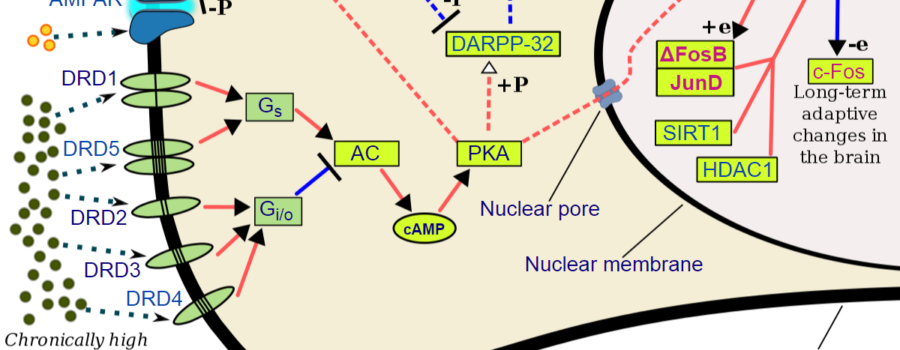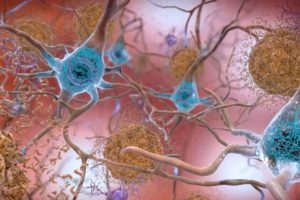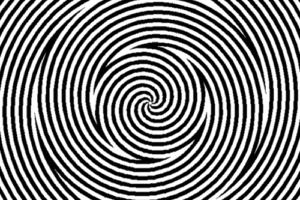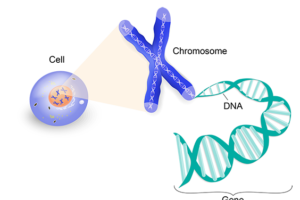Dopamine is a key neurotransmitter and part of the brain’s “reward system” circuitry that allows us to strive for things and be interested in them. It also gives us the ability to feel happiness and pleasure. However, imbalances of this neurotransmitter can lead to terrible consequences.
Parkinson’s Disease:
Parkinson’s disease is a progressive neurodegenerative disease. This means that it gets worse with time as it destroys more and more neural pathways in the brain, until finally, the person dies. Parkinson is caused due to an imbalance of dopamine. In Parkinson’s disease, one type of neuron degenerates over time. As it degenerates, it doesn’t send a signal anymore, so your body ends up making less dopamine. This imbalance causes physical issues such as tremor, stiffness, poor balance, slowness of movement, and poor coordination. Doctors often treat these symptoms with dopamine raising medications.
Obesity:
Usually, if you take in more calories than you get rid of, you will gain weight. This leads to a question. If people are obese, why don’t they just get rid of more calories and go to the gym for exercise? What a lot of people don’t understand is that obese people face additional mental obstacles that others don’t. The biggest additional obstacle for obese people is their problem with their natural reward systems. This affects the amount of food they need to eat before they are satiated. Imaging studies suggest that in obese people, their bodies may not release enough dopamine, along with another reward hormone, serotonin.
Addiction and how it is caused:
When you take a drug, usually it is prescribed by the doctor in small amounts. Why do doctors prescribe in such small amounts? This is because too much of a medication can lead to addiction.
Drug addiction is caused because the drug released into your body mimics the natural variant of that drug produced in your body. The natural drug produced by your body inhibits the production of dopamine inhibitors. The lack of dopamine inhibitors leads to the release of dopamine in the body, which then binds to areas of the brain and sends signals, giving you a feeling of happiness. After a while, the natural drug degrades and dopamine inhibitor production resumes, leading to the inhibition of dopamine production. The brain then cleans up the dopamine released from the dopamine chamber and recycles it for later use. With the synthetic drug however, it works the same as the natural drug in your body, but it doesn’t deteriorate for a long while. This leads to excess amounts of dopamine being released from the dopamine chamber. As the chamber cannot close for a while, dopamine cleanup cannot begin. This at first gives you a long lasting “high” or feeling of euphoria, but that feeling eventually ends, as there isn’t any more usable dopamine after enough has been released. As the last of the drug deteriorates, cleanup beings. When dopamine cleanup begins, the severe lack of dopamine leads to depression and the desire to get more drugs to return to that zone. Eventually, enough time without cleanup can lead to permanent depression and suicidal thoughts. It also can lead to disorders like Parkinson’s and obesity.
Conclusion:
Dopamine is an essential part of your body. However, when it is misused, disastrous consequences can follow.







Most Commented Posts